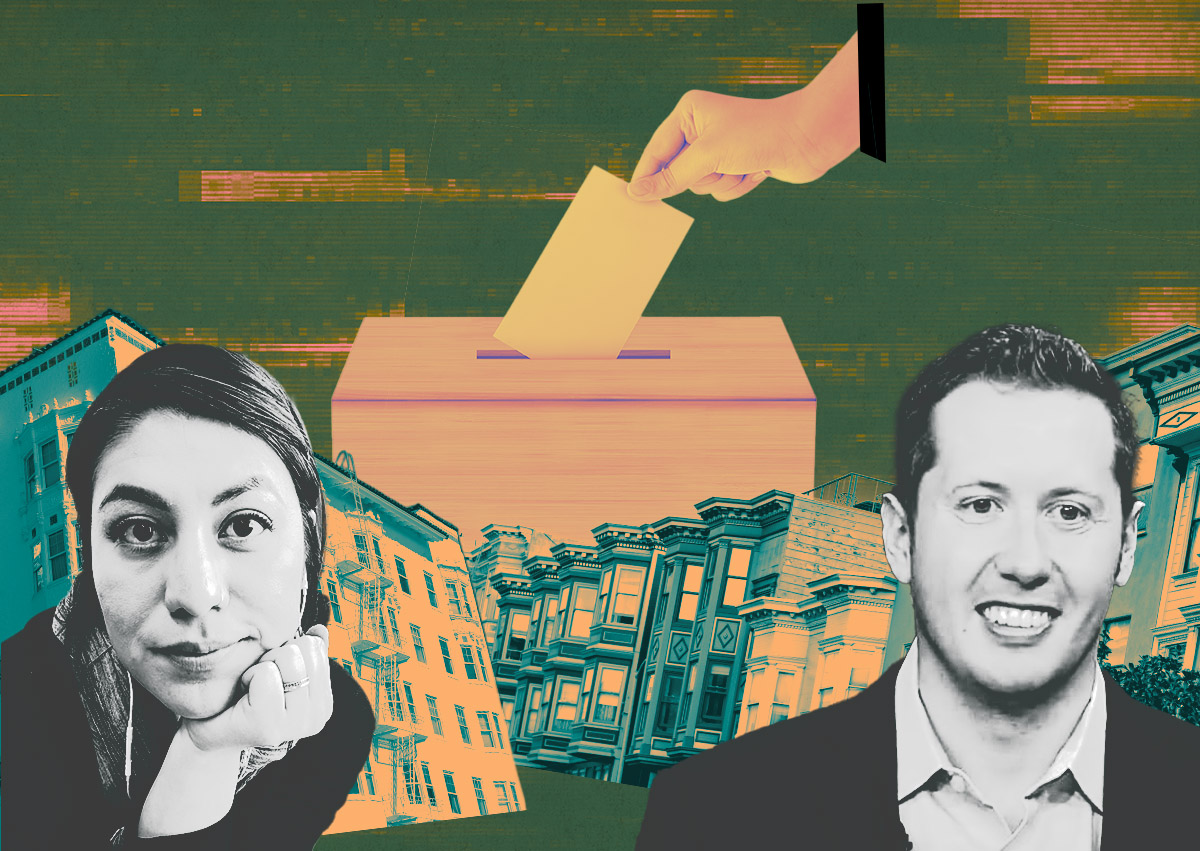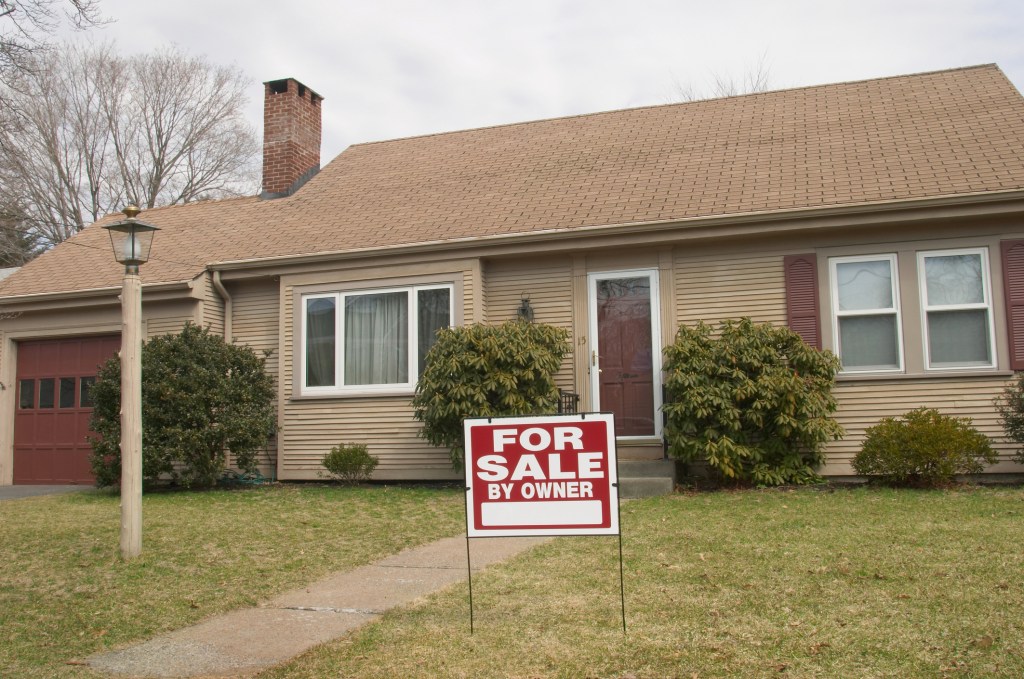T
hird Attempt to Overturn Costa-Hawkins Rent Control Act in California
In November, California voters will decide on a third attempt to overturn the statewide Costa-Hawkins Rental Housing Act, which exempts single-family homes and rental units built after 1995 from local rent control laws and disallows local vacancy control regulations. The Tenant Protection Act of 2019 added a statewide rent cap of 5 percent plus the regional CPI or 10 percent, whichever is lower, but retained a carve-out for single-family homes and newer construction.
The Justice for Renters Act of 2024, sponsored by Michael Weinstein and his AIDS Healthcare Foundation (AHF), aims to give local municipalities the ability to add restrictions to the statewide restrictions on rent control. The measure has gathered nearly $26.2 million in support, mostly from AHF, according to state filings.
Opponents in the real estate industry argue that the "insidious" language of the measure would make the housing crisis worse. Nathan Click, spokesperson for the No on 33 campaign, claims that the solution proposed by tenant groups is critical to aiding in the state's affordability and homelessness crises. He believes that the measure would actually worsen the housing crisis instead of improving it, as it would discourage investment in the state and lower property values.
The ballot language itself is brief: "The state may not limit the right of any city, county or city and county to maintain, enact or expand residential rent control." This openness allows for different opinions about its potential impacts.
Susie Shannon, AHF's point person for the measure, believes that times have changed since the previous attempts failed. She argues that the state is in a different place than it was four years ago, with more adult children living with their parents due to the lack of affordability in the inner core and skyrocketing rents.
Maria Zamudio, interim director of tenants rights group Housing Rights Committee of San Francisco, has learned from previous attempts on "how to sharpen the bill, what language gets kept or removed." She believes that Prop. 33 is a "baseline regulation" that allows locals to do something about their housing crisis, especially in areas on the Bay Area's outskirts that don't have a strong history of rental protections and have been growing due to the lack of affordability in the inner core.
Barry Altshuler, executive vice president at Equity Apartments, which owns and operates about 40 apartment complexes in the Bay Area, agrees with Click's assessment. He believes that developers would stop building in the state if they can't make a fair return on their investment.
Click argues that AHF's goal is to stop new housing production, and pro-housing civic leaders like East Bay Assemblymember Buffy Wicks have opposed this measure because the damage to housing development would be so great. Wicks believes that the ballot measure will end housing production in California full stop, as millions of new homes at all levels of affordability are needed to address the housing crisis.
Zamudio argues that these arguments are "scare tactics" and that there are plenty of empty market-rate housing units priced too high for most people to access. She cites data collected when San Francisco voters passed a residential vacancy tax measure in 2022, showing more than 60,000 vacant units in the city alone. Further analysis from the city's chief economist showed that only about 7,000 were long-term vacancies of more than six months.
The state's nonpartisan Legislative Analyst's Office predicts that renters will likely need to move less often and those covered by rent control will pay lower rent if the legislation passes. At the same time, it predicts rents for those not under rent control would go up, fewer homes would be available for rent, and the state would see a reduction in local property tax revenues of at least tens of millions of dollars annually.
The fate of the measure is likely to be decided by tenants themselves, as California is a 44 percent renters state. A UC Berkeley IGS poll from early August shows that 40 percent of likely voters are in favor of the measure, 34 percent are opposed, and 26 percent are undecided.
AHF has just started running its first television ads, set to the tune of The Mamas and the Papas' “California Dreamin’” but with the lyrics changed to “California’s Leavin’” with images of people packing up to leave the state. As a 501(c)3, HRC-SF is not allowed to campaign for the measure, but staffers can respond as individuals to tenant inquiries about why they support it.
The No on 33 campaign hasn't spent much of its nearly $50 million war chest yet, with $19 million coming from the California Association of Realtors and $17.5 million from the California Apartment Association, according to state filings. However, this will change as election day draws closer.
CAA has also put nearly $27 million behind a separate ballot measure designed to curb Weinstein's influence on future elections. Prop. 34 says that health care providers who utilize government programs to access discounted medications for their low-income populations; spend $100 million on expenses other than direct care; own and operate apartment buildings; and have received at least 500 severe health and safety violations in the last decade — a list of criteria that only seems to apply to AHF — must spend at least 98 percent of their drug sale revenue on patient care or risk having their state license and tax exempt status revoked.
The measure appears to be an acknowledgement that, even if Prop. 33 fails this time around, it is likely to pop up again on another ballot in the not-too-distant future. Zamudio notes that it took property owners many years to get Costa-Hawkins passed, so she's not surprised that it has taken several attempts to have it repealed. She believes that tenant rights groups will not give up if it is defeated once again in November.














